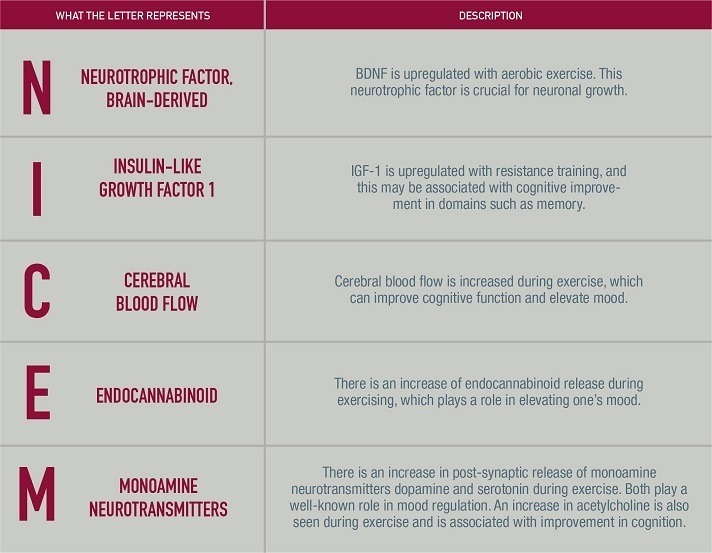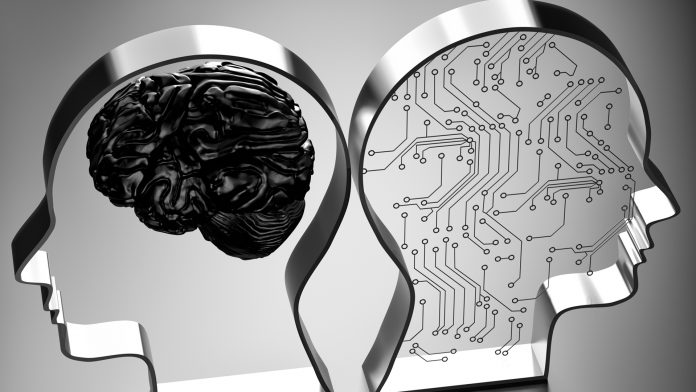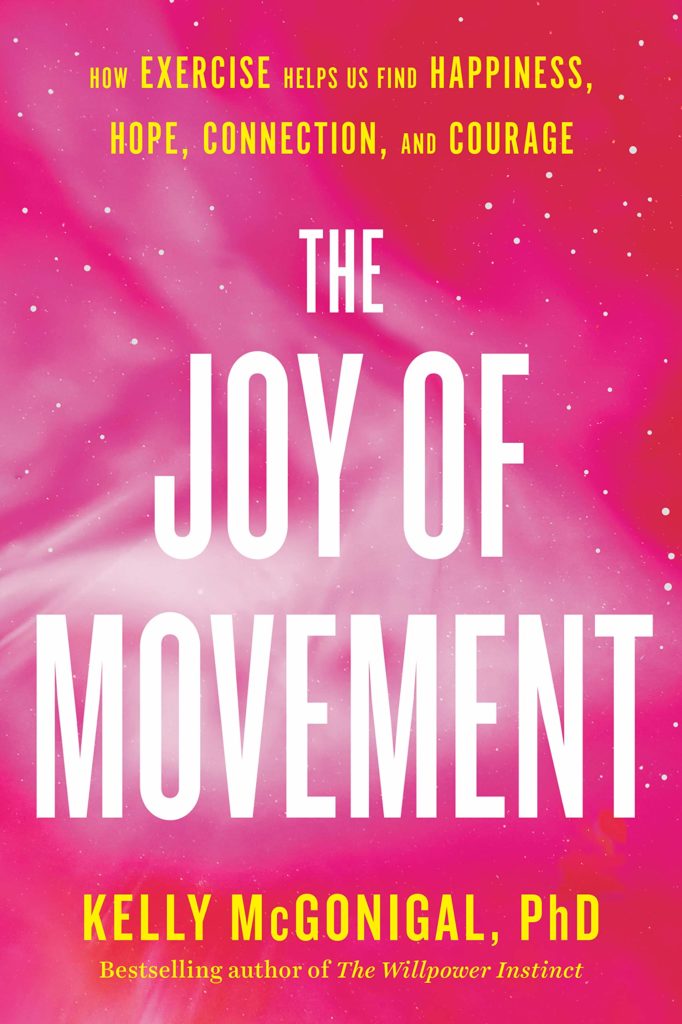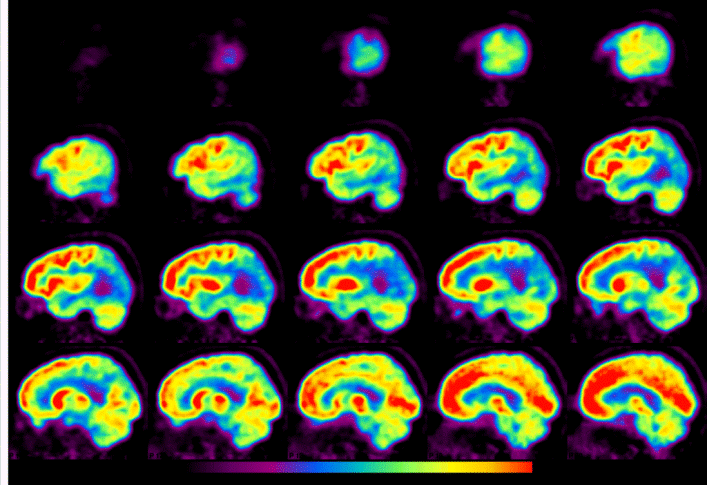Posts Tagged ‘neurobiological’
Debate: How should doctors prescribe exercise to ensure compliance and engagement?
How to Effectively Prescribe Exercise (Psychiatric Times): Exercise can be a useful tool in managing symptoms of anxiety and depression. Learn how you can integrate exercise prescriptions into your treatment plans.
Read MoreMachine-learning study finds EEG brain signatures that predict response to antidepressant treatments
– Brain-wave pattern can identify people likely to respond to antidepressant, study finds (Stanford Medicine press release): “A new method of interpreting brain activity could potentially be used in clinics to help determine the best treatment options for depression, according to a study led by researchers at the Stanford School of Medicine. Stanford researchers and…
Read MoreFive profound ways physical exercise shapes your brain and mind
We’ve all heard that exercise is good for us—how it strengthens our hearts and lungs, and helps us prevent diseases like diabetes. That’s why so many of us like to make New Year’s resolutions to move more, knowing it will make us healthier and live longer. But many people don’t know about the other important…
Read MoreA conversation with Dr. Elkhonon Goldberg on Creativity, Neuroscience, and Technological Innovation
Dear Elkhonon, a pleasure to have you with us. Let’s get out the gate by discussing how are new ideas born — for example, how exactly did you first think about writing your new book, Creativity: The Human Brain in the Age of Innovation? Originally, I set out to write a book about how the…
Read MoreNeuroimaging study finds extensive brain rewiring–in just six months–among illiterate adults learning to read and write
— Learning to read and write rewires adult brain in six months (New Scientist): “Learning to read can have profound effects on the wiring of the adult brain – even in regions that aren’t usually associated with reading and writing. That’s what Michael Skeide of the Max Planck Institute for Human Cognitive and Brain Sciences…
Read MoreNext: Harnessing brain scans to personalize autism-related behavioral interventions
Autism First: Brain Patterns May Predict Treatment Response (Medscape): “It’s possible to predict whether a young child with autism spectrum disorder (ASD) will respond to an evidence-based behavioral intervention by analyzing brain activity patterns with functional MRI (fMRI) prior to treatment
Read More





